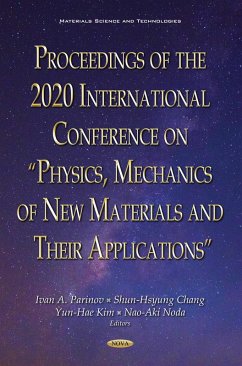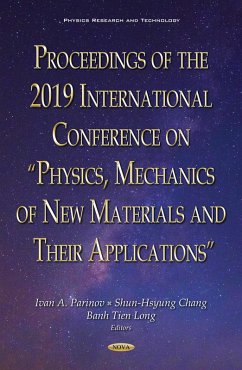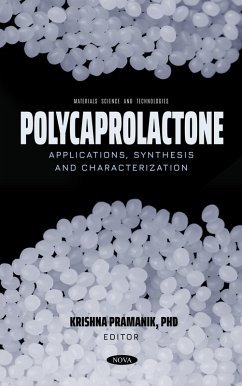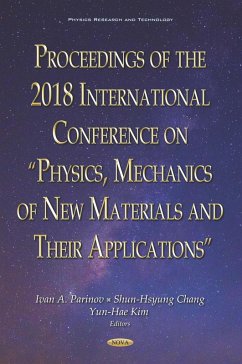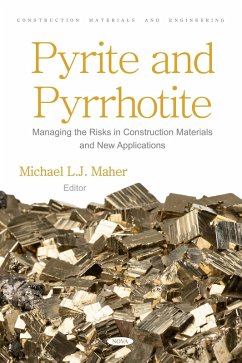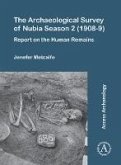In this book Characterization of Archaeological Materials by the Use of Light the authors tried to demonstrate the high degree of technology used in laser scanning for archaeological sites. The data collection and review were obtained thanks to the conscious, proprietary data processing and individual knowledge of lidar products, by using the developed especially for archaeological analytical tools, visualization methods data and algorithms processing the point cloud, numerical models and their derivatives. The authors form an interdisciplinary team, they are both archaeologists and laser physicists. This book has four chapters titled: Aerial Laser Scanning, Laser in the conservation of archaeological monuments, Laser analysis of the chemical composition of ceramics and Laser applications to study various solid materials. We presents Airborne Laser Scanning (ALS) such as an advanced method of archaeological prospection. Inthe last few years an increasing number of applications of Light Detection and Ranging (LiDAR) data within World archaeology was noticed. At the same time, ALS is an extremely useful method for conservation purposes. On the other hand, carrying out successive measurements allows for monitoring of facilities, sites and landscapes over time. Along with the growing interest in the method and the growing number of its applications in archeology, it is worth paying attention to the efficiency of using the ALS and LIDAR.
Dieser Download kann aus rechtlichen Gründen nur mit Rechnungsadresse in A, B, BG, CY, CZ, D, DK, EW, E, FIN, F, GR, HR, H, IRL, I, LT, L, LR, M, NL, PL, P, R, S, SLO, SK ausgeliefert werden.



